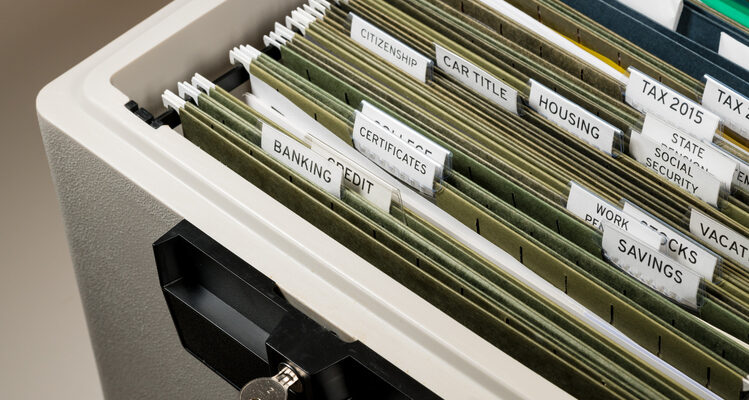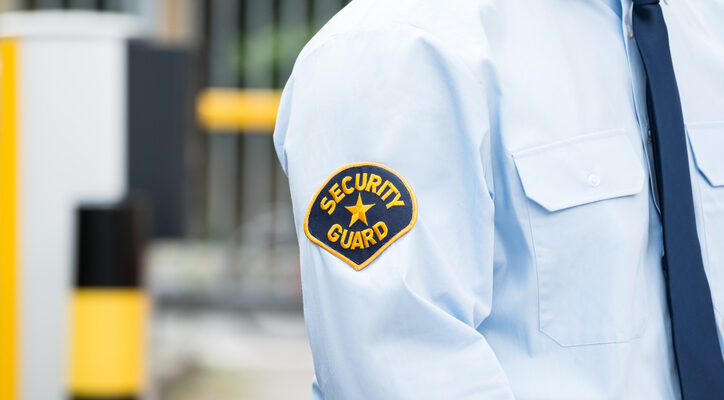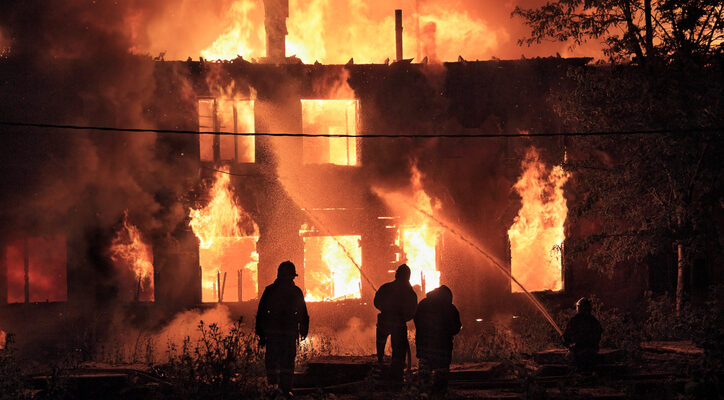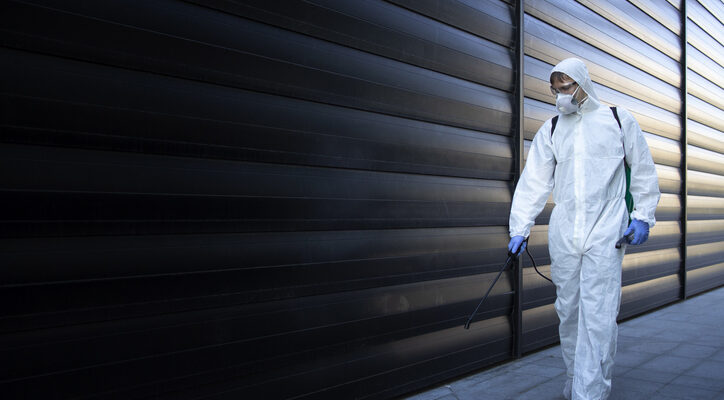The preservation of business records and personal documents should be a concern for anyone archiving their files. Often the first-place people look to store boxes of documents is a self-storage unit. However, most self-storage units do not have temperature or humidity control so you may want to rethink using these facilities. When paper records are stored incorrectly damage such as foxing (the browning of paper) can occur. Here are some considerations we as storage professionals suggest you think about when deciding to store your documents.
How to store old paper documents
If you are a business owner using paper documents such as insurance files, medical records, legal file folders, invoices, confidentiality agreements and registration documents these items need special care when storing. Paper documents need to be stored flat in a cool, dark and dry area. Exposure to light, extreme heat and moisture can damage the paper material. Paper should always be stored in acid-free alkaline containers. You should consider not keeping paper documents in areas with high humidity like self-storage units. Storing your documents in these locations can promote mold growth and foxing. Ideally, you want to store your paper documents in a room with a regular temperature of 72 degrees with a consistent humidity level of 35%. To assure this, make sure you rent a climate-controlled self-storage unit.
Securing your documents
If you are out of options for storing your documents and decide on using a self-storage facility, ensure the location has adequate security. You want to store your documents in a secure facility so make sure to inquire about what types of security they provide and what you are responsible for. Investing in a strong lock will provide a measure of safety for your belongings. Also, be sure to get insurance on your unit in case it is broken into or damaged by fire or water.
Speak with the manager of the facility before renting a unit. Ask them about their security protocols. Do they have on-site security? Do they have working cameras? Do they have a way to document who comes in and out? Understanding the security risks beforehand will help you determine if using a self-storage facility is worth the risk.
Keep your records at home
If you are having doubts about using a self-storage unit then keep your important documents at home. Personal documents like birth certificates, marriage licenses, passports, wills and insurance papers are best kept where they can be easily accessed if needed. When storing your paper documents at home you will still want to protect them. A good way to keep your documents safe is by placing them in a fireproof safe. Fireproof safes will protect your documents from not only a fire but also water damage. When possible, you should digitally scan your documents, so you have backups if anything does happen to the paper copies.
You may want to consider using a safe deposit box if you only have a few small documents you are looking to securely store. Documents such as, old family letters or autographs on paper will fit in most safe deposit boxes. A safe deposit box is a secure container, requiring a key, made of metal that is used to store valuables at a bank or credit union. Safe deposit boxes are often kept in secure rooms and require an annual fee.
Self-Storage units are a great way to store furniture, bikes and other large items but aren’t always the best choice when it comes to physical documents. The potential for fire and water damage is prevalent at self-storage unit facilities and there is always the chance of a break-in. If you do decide to store your documents in a self-storage unit speak with the manager about climate- controlled units and their safety protocols.
If you are storing records that could be qualified as HIPAA or FACTA sensitive, then you should make sure that only authorized individuals have access to them.
Raymond Rangel is the Sales Manager of Data Storage Centers in Phoenix, Arizona. Data Storage Centers are experts in the storage and organization of physical media and sensitive records for commercial enterprises.





